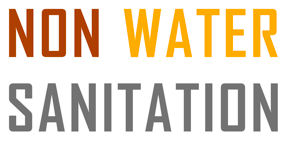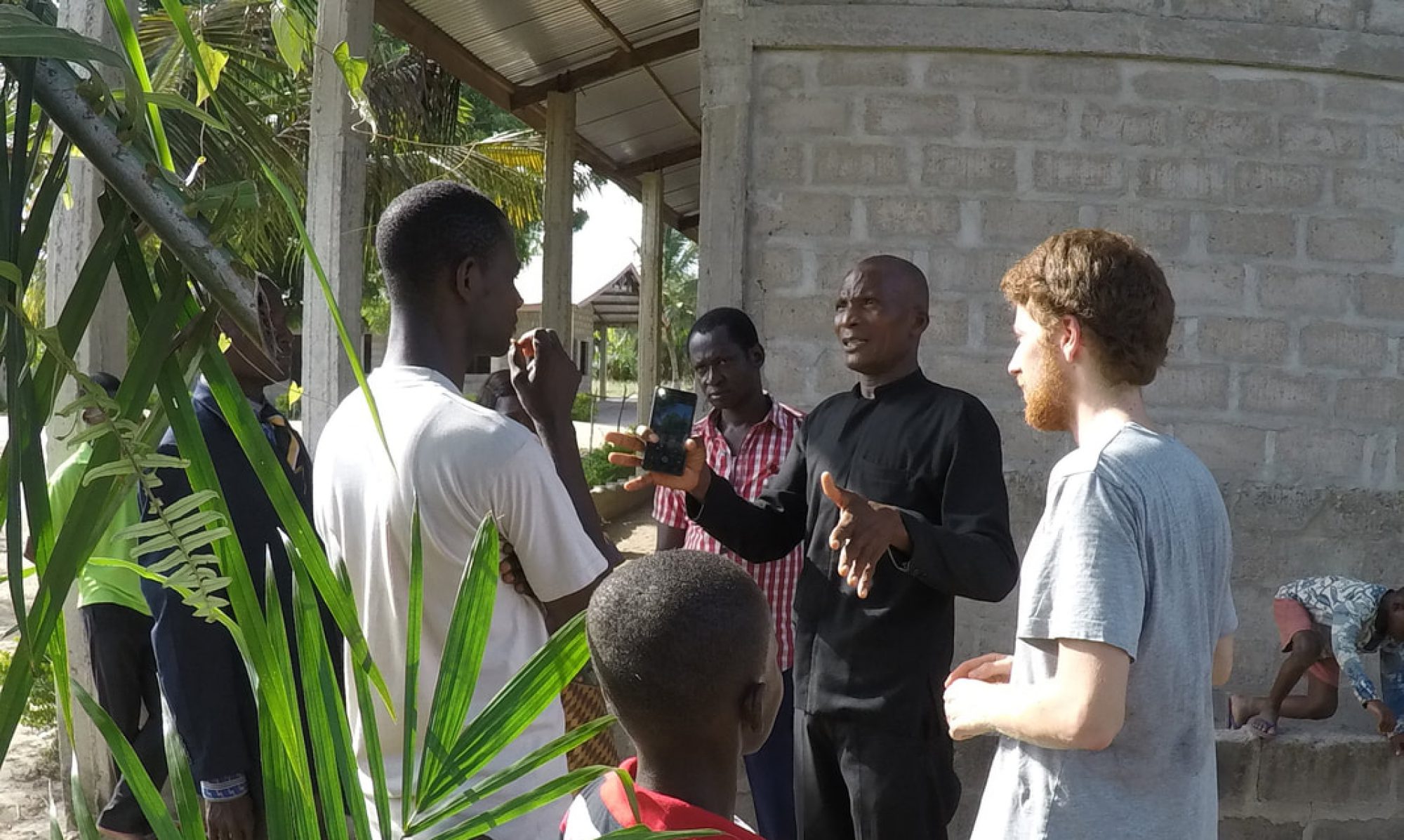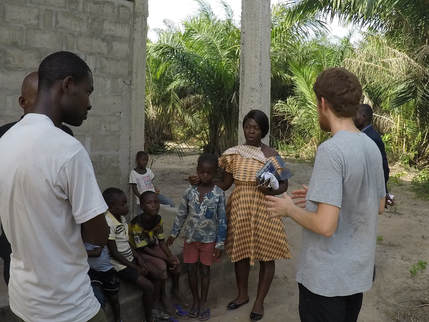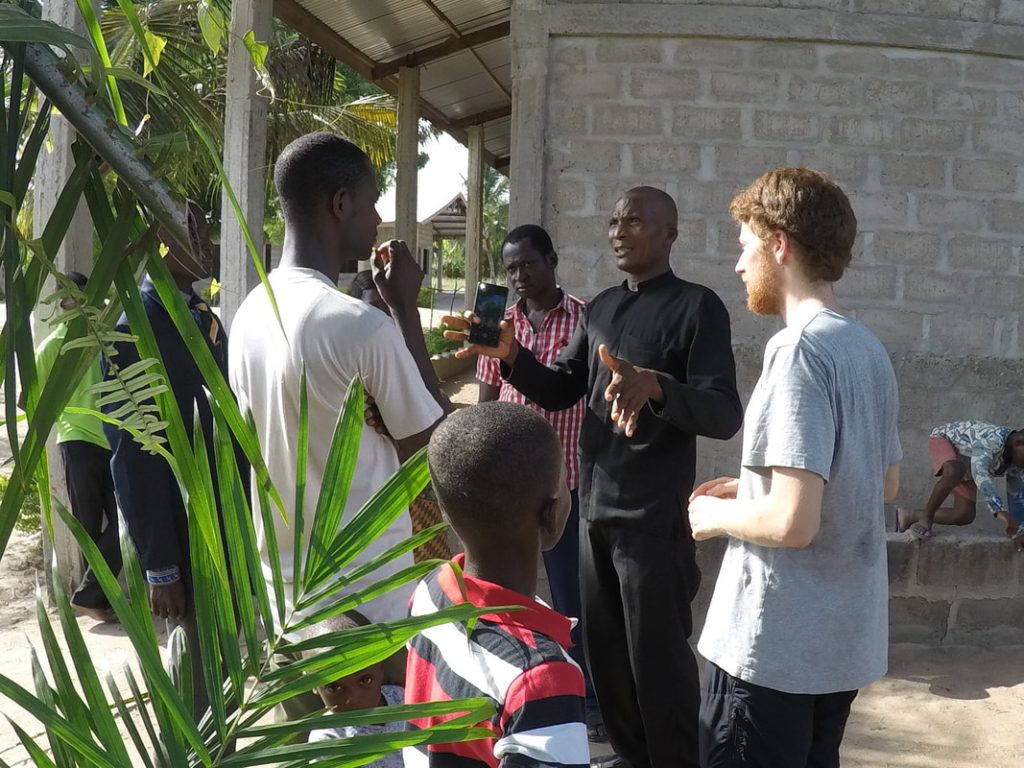IMPORTANT UPDATE 30.12.2018 : THANK YOU ALL FOR YOUR WONDERFUL SUPPORT. THE PROJECT HAS BEEN FULLY FUNDED AND WE ARE GLAD AND HAPPY TO REPORT THAT THE CONSTRUCTION OF THE TOILETS FOR THE SCHOOL IS NOW HAPPENING IN MAFI ADIEPKE. YOU CAN FIND ALL THE UPDATES ON THE BETTERPLACE PAGE, THAT WE LINKED TO BENEATH.
ANY FURTHER DONATIONS WE RECEIVE WILL GO TO OTHER PROJECTS OF NON-WATER SANITATION E.V. =) THANK YOU FOR YOUR KIND SUPPORT AND ALL THE VERY BEST.
We need your support! You can “vote” for our Ghana dry toilet school project that we are fundraising for together with the non-profit “a different life“ and “Students Union of Mafi Adiepke” and for every vote, our sponsor pays a small amount towards this project, to make it happen.
It will only take about one or two minutes of your time and an active Facebook Account to support this project with your “vote”. The video below the donation buttons explains the steps. Thank you for your support. We will keep you updated about the project and fundraiser on www.betterplace.org .
UPDATE: This campaign that “a different life” and Non-Water Sanitation were fundraising for on betterplace.org is now fully funded
Thank you so much for your support and have a peaceful holiday season.
Project partners:


Background
Mafi Adiepke is a village in the Central Tongu District in the Volta Region of Ghana with approximately 1000 people. There is a general awareness about the importance of a toilet amongst the people in the village. Villagers have agreed to give support in terms of labour and materials, majority of which will be sourced locally.
The School
The school started as a community based school but was soon adopted by the government and is now a government school with 5 professional teachers. Likely to expand, at the moment, the school has 250 children from the ages of 2 to 17 years including kindergarten. There is already some preliminary awareness on water sanitation and hygiene and a teacher who heads WaSH related awareness. In addition, tippy taps (low cost hand washing stations) have been installed at the school for hand washing purposes and space has also been made available for composting purposes.
The Problem
- Even with 250 students, there are no toilet facilities in the school.
- This hinders girls from attending the school especially when they are menstruating.
- Households also don’t have any toilets therefore people turn to the outdoors which besides giving rise to health and hygiene problems lead to instances of snake bites.
The Mafi Adiepke Roman Catholic School Project
- Training and awareness raising
- Build 2 prototypes with the community for the school. 90% of the materials will be sourced from the natural resources in the village.
- Children under the age of 6 would use one simple dry toilet and children above the age of 6 would use the UDDTs.
- The two toilets will serve as showcases and allow a complete test run, going through the entire cycle of use and composting etc.
- When the prototypes work and the community has adapted to them and finds them useful, there will be training for unemployed youth from the village to build these toilets, which they then could do not only for their community but also surrounding communities leading them to become change-makers that take complete ownership of their empowerment.
Timeline and Milestones
Phase 1
- Build the 2 prototypes and training on importance and usage of toilets.
Phase 2
- Quality control, feedback and more education on sanitation and hygiene in cooperation with the school staff.
Phase 3
- Expand to 8 toilets for the entire school with the help of the village community.
- Additional workshops with school children and the community, toilet building workshops
- Inauguration of composting sites, training on the composting.
- Additionally, there will also be training on menstrual hygiene.
Phase 4
- Form a local sanitation task force of older students that can build toilets for the households.
- Train them on the importance of using a toilet.
- Train them on how to engage the entire community and champion the Ecosan model for every household.
- Support unemployed local youth to build a small toilet construction business to be able to supply
neighboring villages with sanitation facilities


